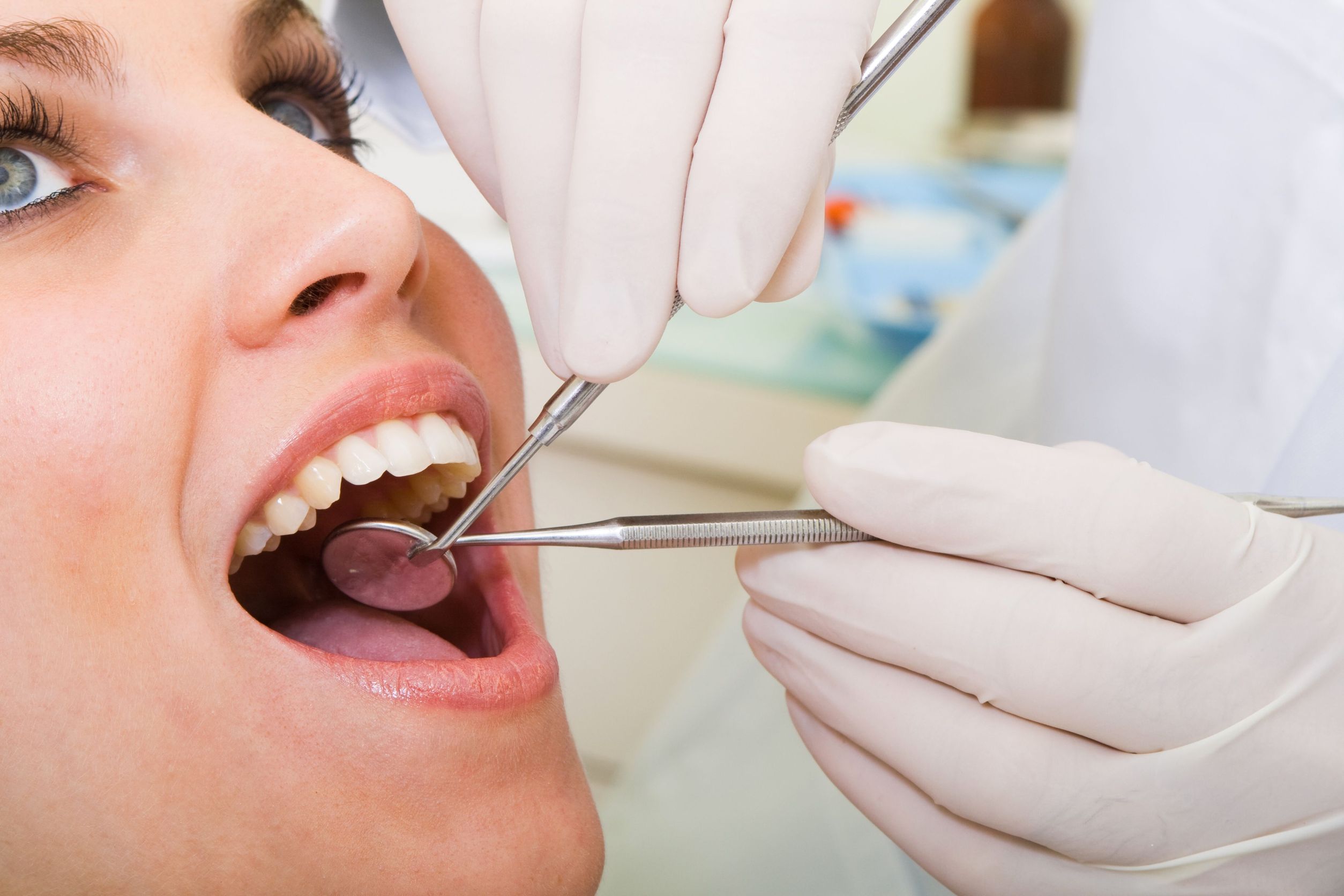Do you have inflamed gums? Be careful because you could have gingivitis, which often leads to serious consequences. When you are concerned about a toothache, you go to the dentist more often than in the case when you have inflamed gums. This happens because most of the diseases associated with inflammation of the gums occur without any pain, and, sometimes, when the pain has arrived, it’s too late to save the tooth. According to medical statistics about three quarters of people over 35 years old are subject to periodontal diseases. And the most common disease associated with gum disease is gingivitis. Getting Sooner Care Tulsa OK is the best way to save a tooth -; and your smile.
Gingivitis is an inflammatory periodontal disease. Gingivitis presents itself as bleeding and sometimes proliferation, i.e. overgrowth of the gums, pain in complex cases and causes significant discomfort to the patient when brushing and eating. This is quite a formidable disease, since incorrect or no treatment could cause it to progress into periodontitis. This will ultimately mean the destruction of bone, whereby tooth mobility is a concern. To know more, click here.
What are the causes of gingivitis?
The most common cause of gingivitis is neglect of oral hygiene. With irregular or improper care of your teeth and gums, dental plaque (a colony of microorganisms) may form. As a result, the inflammatory process begins with all its attendant symptoms – redness, flushing and bleeding gums. If you see these symptoms, you should seek Sooner Care Tulsa OK immediately. Also in the development of gingivitis are important factors such as:
- Tartar (calcified dental plaque)
- Smoking
- Insufficient amount of vitamins in food
- Improper application of seals
- Bite pathology
- Mouth breathing
- Reduced immunity in general
- Thermal or chemical burns
- Ulcerative processes in the digestive system
Gingivitis occurs most often in pregnant women and adolescents. Also, the disease may indicate the presence of a systemic disease (e.g., allergies, herpes, radiation, diabetes, and other wasting diseases). Furthermore, the disease may promote the prolonged use of certain oral contraceptives. To learn more about this problematic disease or to inquire about other dental issues, contact your local dentist or Southard Dental today.


